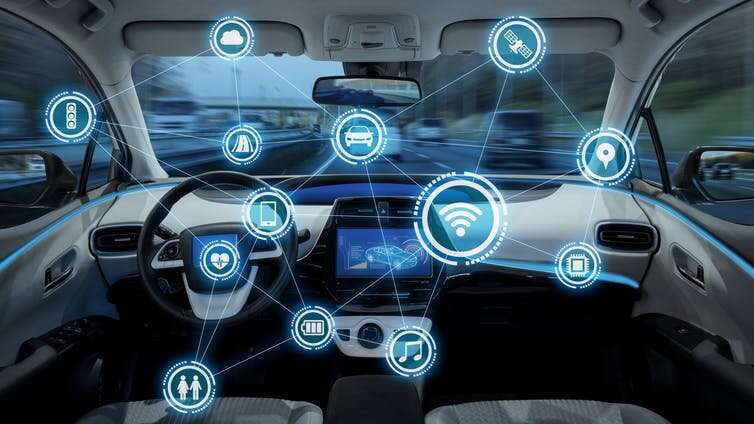What's new in security - Car tech?

Due to worries about cybersecurity, the automobile industry is investing a significant amount of money to make cars safer and more intelligent by putting cybersecurity solutions into vehicles from the design and production phases forward, as well as conducting periodic security checks. Auto control systems are segregated from communications-based functions like navigation and satellite radio, and modern car hardware includes built-in security safeguards to assist secure safety-critical systems.
Securing the Auto Ecosystem:
In the emerging world of linked transportation, cybersecurity is about the entire network of cars, not just one vehicle. In a smart city transportation network, each compromised vehicle essentially puts all other assets at risk. It's also no news that thieves are seeking for vulnerabilities in the cybersecurity of digital transportation networks.
Modern automobiles are intricate systems with several moving parts. Vehicles are also linked and networked. As a result, improved cybersecurity will benefit all industries, including consumers, because it will protect consumers and companies from economic and environmental disruptions.
Air Tags:
Air Tags, which are fitted with Bluetooth technology, are now thought to be indicating a more widespread problem of tech-enabled tracking, according to researchers. They send out a digital signal that is detectable by Apple's mobile operating system. These devices then send information on where an Air Tag was last spotted. Unlike competitor Tile's similar monitoring goods, Apple included mechanisms to prevent misuse, including as notifications like the one Ms. Estrada got and automated beeping.
Auto Pilot System:
The autopilot technology, which can steer, slow, and accelerate a car on its own, has been criticized by safety experts for several years because it allows drivers to keep their hands off the steering wheel for longer periods of time than they should. It also lacks a reliable system for ensuring that drivers maintain their focus on the road.
Effective Automotive Security:
- Putting the appropriate solutions together: An integrated firewall can aid in the detection and reporting of threats.
- Communication security: This involves both internal and exterior communications to a vehicle, as well as communication between the vehicle and other vehicles.
- Ensuring that messages are authentic: This requires identifying who is interacting with a vehicle and preventing illegal devices from communicating with it.
- Data encryption: Encrypting data aids in the protection of personal information.
Industry Impact:
To protect IoT-enabled autotech devices, the new technology updated in cars does not require an internet connection. Instead, it uses identity management technology that is 4 to 8 times more efficient than the current industry standard to connect to all trusted devices.
Improvement:
The worldwide automotive cybersecurity industry is predicted to increase at a rate of 21.7 percent per year over the next decade. This is due in large part to the increasing importance of cybersecurity in the design and construction of new automobiles and vehicle systems.
As a result, the automotive companies that priorities cybersecurity are in the greatest position to impact global transportation in the next decade and beyond.